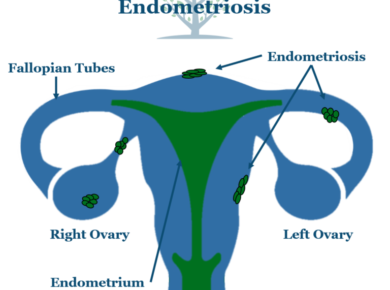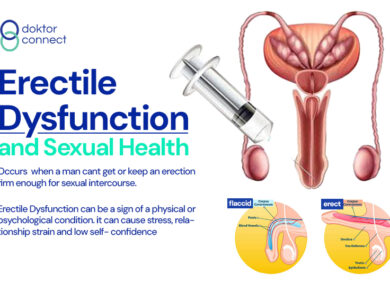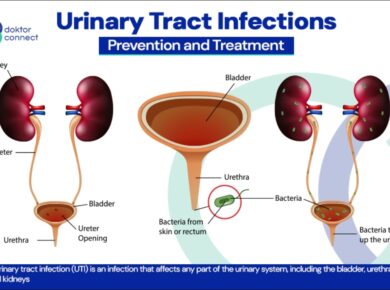As if being sick wasn’t bad enough, sugar can interfere with the way your body fights disease.
Consuming too much sugar can also contribute to long-term health problems, such as:
Tooth decay
Sugar feeds bacteria that live in the mouth. When bacteria digest the sugar, they create acid as a waste product. This acid can erode tooth enamel, leading to holes or cavities in the teeth. People who frequently eat sugary foods, particularly between mealtimes as snacks or sweetened drinks, are more likely to develop tooth decay. Therefore, Brushing your teeth at least twice a day is important to stop sugars from fueling plaque and bacteria.
Weight gain and obesity
Sugar can affect the hormones in the body that control a person’s weight. The hormone leptin tells the brain a person has had enough to eat. However, according to research, a diet high in sugar may cause leptin resistance.
Diabetes and insulin resistance
Obesity, which is often caused by excessive sugar consumption, is considered the strongest risk factor for diabetes. What’s more, prolonged high-sugar consumption drives resistance to insulin, a hormone produced by the pancreas that regulates blood sugar levels. Insulin resistance causes blood sugar levels to rise and strongly increases your risk of diabetes.
Cardiovascular disease
High-sugar diets have been associated with an increased risk of many diseases, including heart disease, the number one cause of death worldwide. consuming too much sugar, especially from sugar-sweetened drinks, has been linked to atherosclerosis, a disease characterized by fatty, artery-clogging deposits
Increase Risk of Depression
While a healthy diet can help improve mood, a diet high in added sugar and processed foods may contribute to changes in mood and emotions. It may even increase the chances of developing depression. High sugar consumption has been linked to cognitive impairments, memory problems, and emotional disorders like anxiety and depression
Drains Energy
Foods high in added sugar can quickly spike blood sugar and insulin levels, leading to increased energy. However, this rise in energy levels is fleeting. Products that are loaded with sugar but lacking in protein, fiber, or fat lead to a brief energy boost that’s quickly followed by a sharp drop in blood sugar, often referred to as a crash. Having constant blood sugar swings can lead to major fluctuations in energy levels.
How to Reduce Your Sugar Intake
- Cut back on the amount of sugar added to things you eat or drink regularly like cereal, pancakes, coffee, or tea.
- Water is best, but if you want something sweet to drink or are trying to lose weight, diet drinks can be a better choice than sugary drinks.
- Choose fruit canned in water or natural juice. Avoid fruit canned in syrup, especially heavy syrup.
- Compare food labels and choose products with the lowest amount of added sugars.
- Instead of adding sugar to cereal or oatmeal, try fresh fruit (bananas, cherries, or strawberries) or dried fruit (raisins, cranberries, or apricots).
- When baking, cut the sugar in your recipe by one-third to one-half. Often you won’t notice the difference.
- Instead of adding sugar to recipes, use extracts such as, almond, vanilla, orange, or lemon.
Speak to a doctor for a lifestyle modification.








